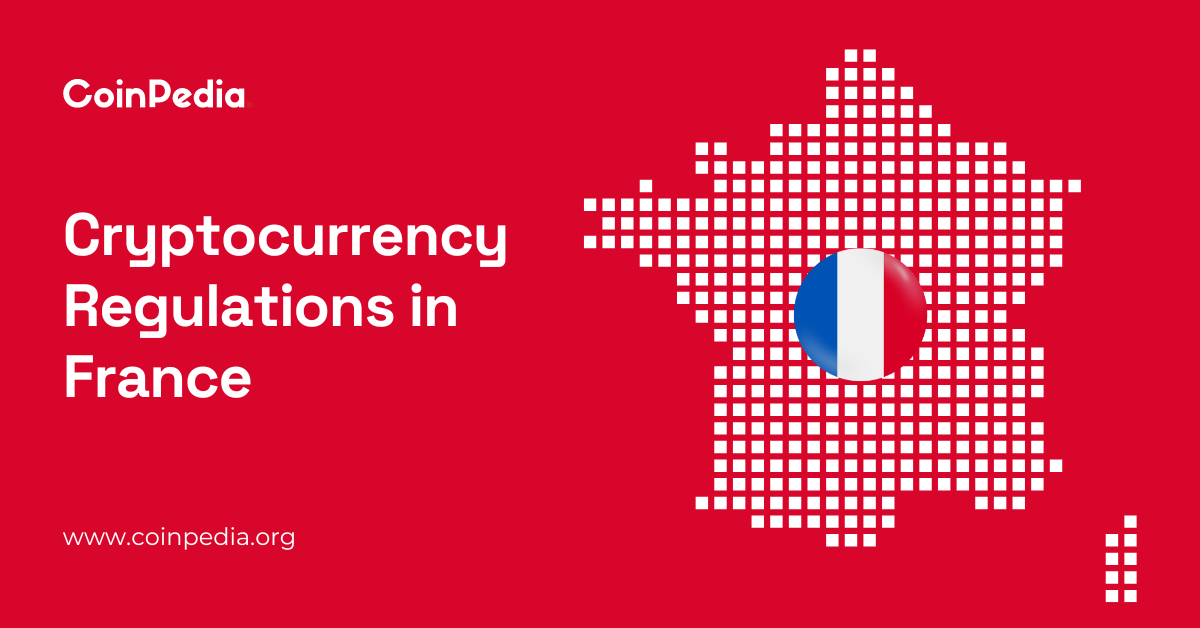
Since the PACTE Law was passed in 2019, crypto trading and owning have become legal in France. After establishing a legal framework for cryptocurrency, France introduced new and stricter laws to regulate it within the country. As of 2025, France has emerged as one of the crypto-friendly countries in Europe because of its strong tech ecosystem and clear regulatory framework.
October 2025- Bill No. 2022
2025- MiCA Regulations
July 2025- Application of AMLA
May 2, 2025- DDADUE Law
January 2025- Transfer Fund Regulation
December 30, 2024- June 30, 2026- MiCA Authorization
The primary regulatory body of crypto, Autorité des Marches Financiers (AMF), began to support the Saving and Investment Union Project, which started with a cross-border crypto asset platform.
Earlier this year, in March, the French State Bank Bpifrance planned a $27 million crypto fund investment in digital assets. This approach of competitiveness in the field of digital assets was supported by the French federal government as well.
Additionally, the French Interior Minister Bruno Retailleau announced that he would meet crypto professionals to enhance security while addressing the risks. The French government is currently accelerating transparency in crypto transactions, financial stability, and consumer protection through MiCA.
On September 15, three major European market agencies— the French Autorité des Marchés Financiers (AMF), the Austrian Finanzmarktaufsichtsbehörde (FMA), and the Italian Commissione Nazionale per le Società e la Borsa (CONSOB) are presenting proposals to enhance the overall crypto supervision.
The authorities are aiming to strengthen competitiveness in the European market while also protecting the consumers.
In France, crypto is treated as general stocks, bonds, and other capital assets, which makes it taxable. All taxes are mandated by the General Directorate of Public Finances (DGFiP).
| Category | Tax rate | Tax basis | Details |
| Occasional investors | 30% pfu | Capital gains (crypto to fiat) | Crypto-to-crypto trades are tax-free |
| Professional traders | 0- 45% (non-commercial profit- BIC) | Net profits | Professional trading activity |
| Mining | Up to 45% BNC | Net profits | Micro BNC regime available for small miners |
| Capital gains from crypto | If gains exceed 305€ per year | Converted into fiat currency | (DGFiP) |
The French government is bringing in new crypto laws to ensure transparency, security, and consumer protection. Through the MiCA framework, it aims to build clear and reliable rules for the industry.
Yes, crypto trading and ownership are legal in France. The PACTE Law (2019) legalized it, and new stricter regulations have further clarified its status.
Crypto is taxed as capital gains (30% for occasional investors, up to 45% for professionals) on conversion to fiat. Crypto-to-crypto exchanges and some events are tax-free.
France’s crypto user penetration rate is expected to reach 23.96% in 2025, growing to 24.52% by 2026, with revenue projected at US$3.0 billion.
The Autorité des Marchés Financiers (AMF), France’s financial regulatory body, is the primary authority overseeing crypto regulations and licensing.
On-chain analyst Willy Woo outlined Bitcoin’s bear cycle in three phases. Phase 1 began with a…
The Donald Trump family-backed project, World Liberty Financial, has seen its WLFI token price surge…
Ethereum’s Beacon Deposit Contract has reached 80.97 million ETH, now holding over 50% of the…
XRP is trading near $1.48, holding a $90 billion market cap, and remains the fourth-largest crypto…
Russia could begin blocking foreign cryptocurrency exchange websites as early as summer 2026, according to…
In the past 24 hours, no major change has been seen in the crypto markets,…